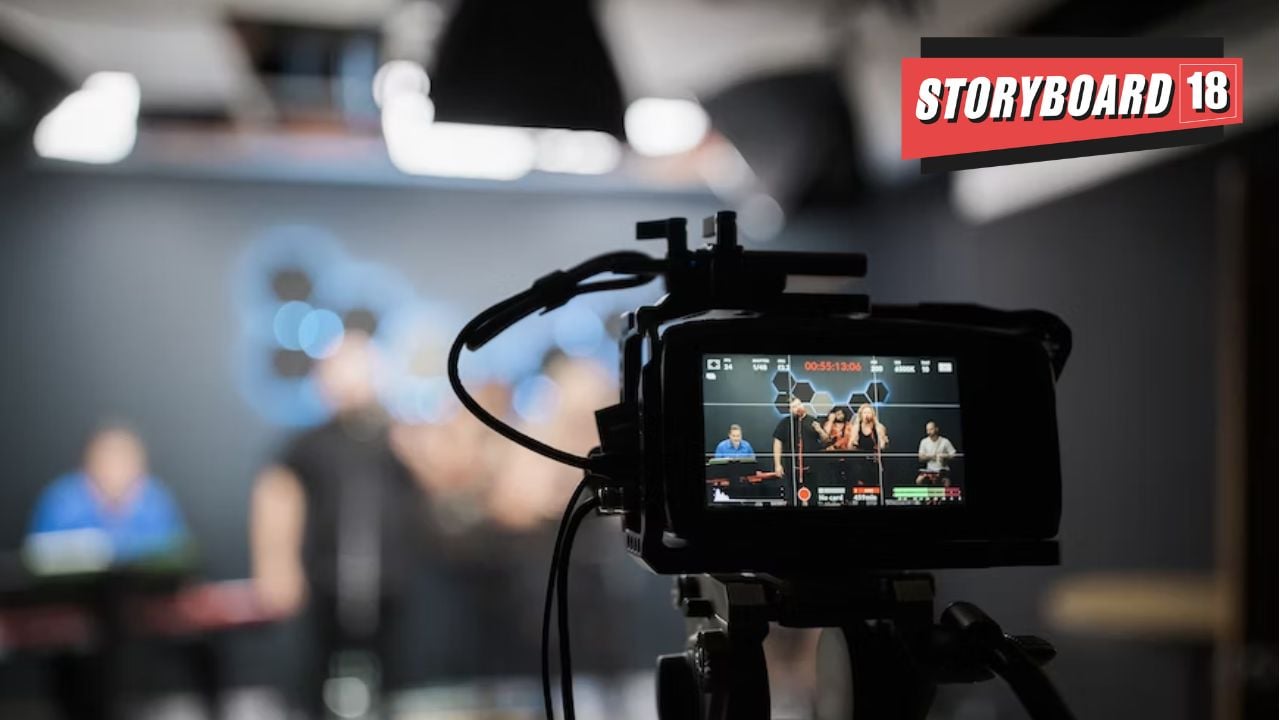The proliferation of platforms and formats like short-videos have changed the influencer marketing game for marketers, brands and creators. In this fast-evolving space, keep up with the big trends and hot topics that matter in Storyboard18’s Weekly Shorts in collaboration with affable.ai, an end-to-end AI-powered influencer marketing platform. Track how creators, communities and brands are engaging with users and disrupting marketing to get a sharp and fast insight into present and future trends.
Micro-influencer platforms provide advanced features helping brands to streamline creator search, relationship management, content monitoring and more.
Micro-influencers have been all the rage in the media for several months. But here’s the exciting part: there are these amazing micro-influencer platforms out there that connect you with a bunch of these influencers all at once. You get to choose from a wide range of micro-influencers and reach their dedicated fan bases, who also happen to be your ideal customers.
Let’s understand what a micro-influencer platform is and who qualifies as a micro-influencer.
Micro-influencers: A micro-influencer is a social media content creator with a follower count ranging from 10,000 to 50,000. They are known for their highly engaged content, usually in niche areas. Micro-influencers have a loyal audience that trusts their recommendations, making them valuable for targeted influencer marketing campaigns.
Micro-influencer platform: A micro-influencer platform simplifies influencer marketing campaigns for businesses by offering a central database of small-scale influencers across social media platforms. It enables businesses to effectively discover, manage, and track micro-influencer campaigns to promote their products or services, ultimately saving time and resources.
Micro-influencer platforms and their role in influencer marketing
Initially, micro-influencer platforms were a way for brands to connect with small-scale creators. But as influencer marketing grew in popularity, these platforms evolved to offer more advanced features and tools, going beyond simple matchmaking. These platforms leverage data analytics and machine learning algorithms to help brands find the right influencers for their campaigns.
The platforms streamline micro-influencer campaign management by identifying fake followers, detecting suspicious activities and managing robust campaigns.
Benefits of using a micro-influencer platform
The platforms also offer streamlined management tools, allowing brands to manage campaigns efficiently without the hassle of bulk management.
1. Access to an influencer search engine, allowing brands to easily search for influencers based on specific criteria such as interest, location, follower count, and more.
2. Analyse an influencer’s audience demographics, engagement rates, and performance metrics. This can help brands identify the most effective influencers for their campaigns.
3. Robust campaign management by offering campaign management tools, such as scheduling & reporting, and tracking all campaign content.
4. Monitor campaign performance with tracking tools that enable brands to identify areas for improvement and adjust their strategies accordingly.
5. Influencer Relationship Management features to manage communication and connection with creators.
6. Seamless product deliveries by integrating e-commerce platforms. The micro-influencer platforms sync your Shopify, Magento, and WooCommerce stores to automate product seeding.
Brands that can benefit from micro influencer platforms
Small and medium-sized businesses: Micro-influencer platforms are a cost-effective choice for small and medium-sized businesses that want to reach a targeted audience without breaking the bank.
Startups and new ventures: The platforms enable brands to connect with talented and authentic micro-influencers. These small-scale creators can help reach a highly engaged audience and build brand credibility.
Niche markets and industries: Brands operating in niche markets or industries can benefit from micro-influencer platforms as they offer access to influencers with a highly targeted following. These influencers can help brands to reach a specific audience and establish themselves in the market.
Local and regional brands: Micro-influencer platforms can be particularly useful for local and regional brands that want to increase their visibility and reach within a specific geographic area. By working with local micro-influencers, these brands can tap into the trust and loyalty of their audience and build a strong local presence.
How to get started with a micro-influencer platform – Do’s and Don’ts
1. Research the platform’s influencer database, their influencer’s authenticity and reliability, and how many social media platforms the platform covers.
2. Analyse the platform’s features and capabilities to ensure they align with your campaign goals.
3. Consider the platform’s pricing and payment structure to ensure it fits your budget.
Micro-influencer platforms offer numerous benefits to brands, including time and cost savings, enhanced targeting and audience segmentation, increased engagement and authenticity, and greater control over campaigns.
This Weekly Shorts is written by the editorial desk of affable.ai
